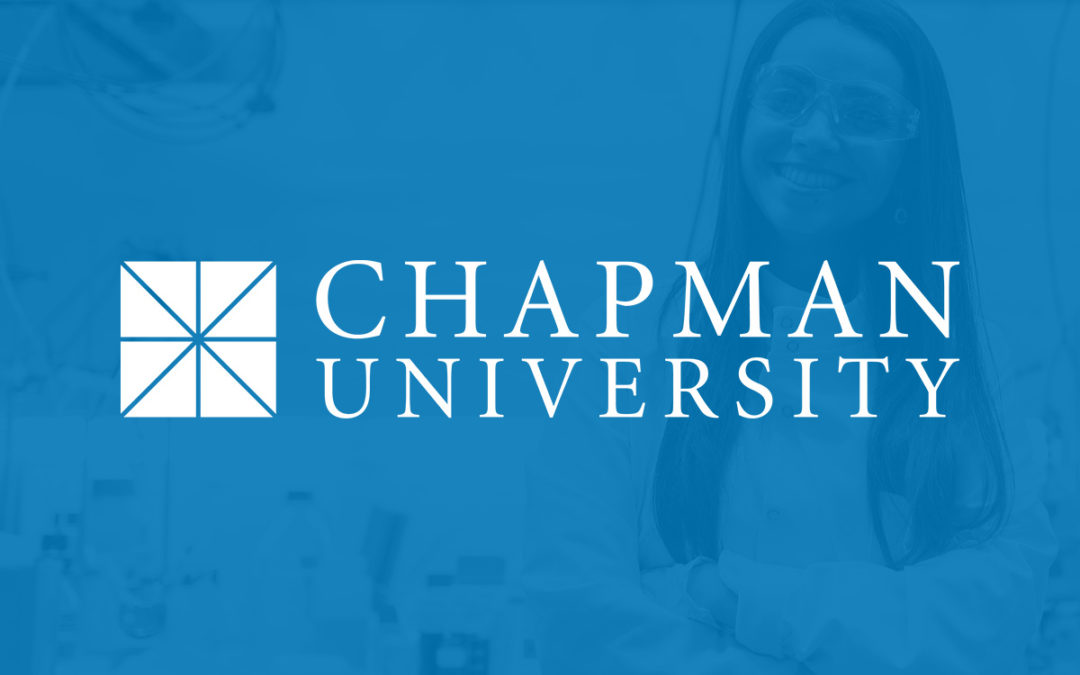Imagine how helpful an extra hour or two would be—and not just during daylight savings time. Research administrators could certainly use it! Administrative burden now takes up about 44% of their time (!), but savvy teams are figuring out ways to make processes faster, even during this extremely challenging year.
In light of this, we wanted to celebrate research organizations that are productivity trailblazers at this year’s Connect Conference. Keep reading for tips on staying productive from our inaugural winner, Chapman University, and honorable mentions, Hektoen Institute and Sacred Heart University.
1. Eliminate numerous spreadsheets and duplicate data entry
Chapman University is one of the fastest-growing research centers in the U.S. In 2018, they opened the Keck Center for Science and Engineering, capping off three years of rapid innovation and a 164% increase in R&D spending.
With all of this growth, Chapman’s Sponsored Projects Services group needed systems that could keep up. They had been tracking workload tasks on external spreadsheets, requiring duplicate and sometimes even triplicate data entry. Administrative burden was taking up valuable time that could’ve been spent on other projects.
The Sponsored Projects Services group wanted to stop using external spreadsheets to track project-related tasks, as well as improve workload management overall. They discovered that they could use the Events feature in Cayuse’s Sponsored Projects app as a working queue for project activities in process.
With this change, they’re finally able to say goodbye to spreadsheets! By using the Events feature, the burden of tracking and entering duplicate data into multiple spreadsheets and databases has been alleviated, allowing them to focus on other areas of process improvement.
Congrats to Chapman University for being the inaugural Productivity Award winner!
2. Automate the search for award funding
What if adopting a tool to help you find funding could help your organization win a new multimillion-dollar grant?
That’s what happened to Hektoen Institute!
Hektoen’s research programs were seeking more funding. Staff and PIs had little time to look for funding opportunities themselves, so the Institute’s pre-award team took on the responsibility. They spent countless hours scouring various databases for relevant grants, a frustrating and time-consuming process. And while they would find one or two grants, most of them weren’t the right fit.
Then the pre-award team adopted Fund Finder by Pivot, the most comprehensive global database of financial support. They started searching more than 22,000 funding opportunities worth more than $70 billion, as well as tracking and saving searches.
Fund Finder delivered the pre-award team with a curated list of potential awards, saving substantial time. Within the first two months of using Fund Finder, Hoktoen found, applied for, and won a multimillion-dollar grant they wouldn’t have found otherwise!
From the challenge of finding grant opportunities of the right fit, to being awarded a multimillion-dollar grant in a matter of months, Hektoen has shown why their continued growth was highlighted for increased productivity.
3. Digitize old files and go paperless for easier reporting
According to a recent industry report conducted by LISTedTECH, more research organizations are switching from manual, paper-based systems to electronic research administration solutions hosted in the cloud.
This is happening for a few reasons: electronic systems scale much more easily than paper-based ones (especially those native to the cloud), they require less maintenance, and they can support a variety of custom processes.
Often there are specific reports required for various teams and research departments. With many organizations still using paper files, this is monumentally more challenging.
That’s the situation Sacred Heart University was in. Their Office of Sponsored Projects (OSP) inherited volumes of paper files from the former Office of Foundations and Grants. Reporting wasn’t easy—they needed a faster, easier way to produce historical reports. They also needed an effective way to manage ongoing projects that were already funded and still active.
They decided to transform their operations by digitizing all of their historical files and implementing an electronic grant management system. Specifically, they chose Cayuse’s apps for grant management and IRB management to maximize efficiency and compliance.
Today, Sacred Heart has fully implemented 535 electronic grant records and are storing more than 18,000 documents in the cloud. These documents are remotely accessible to OSP staff, which helped them to work without interruption throughout the pandemic. They can also create a variety of reports on award data that they couldn’t generate before. Finally, their inboxes are less overloaded, thanks to being able to electronically manage human research protocols. Sacred Heart transformed their organization with their monumental move to the cloud and we couldn’t be more excited to recognize their productivity gains!
We hope these productivity success stories inspire you and give you some ideas about increasing efficiency at your research organization.
If you’re reading this and want to talk more with your peers about increasing productivity, you have a couple of easy options:
- Connect with them on the Cayuse Connect Community–focused on helping peers connect, share, and learn from each other.
- Connect with one of Cayuse’s subject matter experts, since a huge number of our team have lived the life of research administrators.


